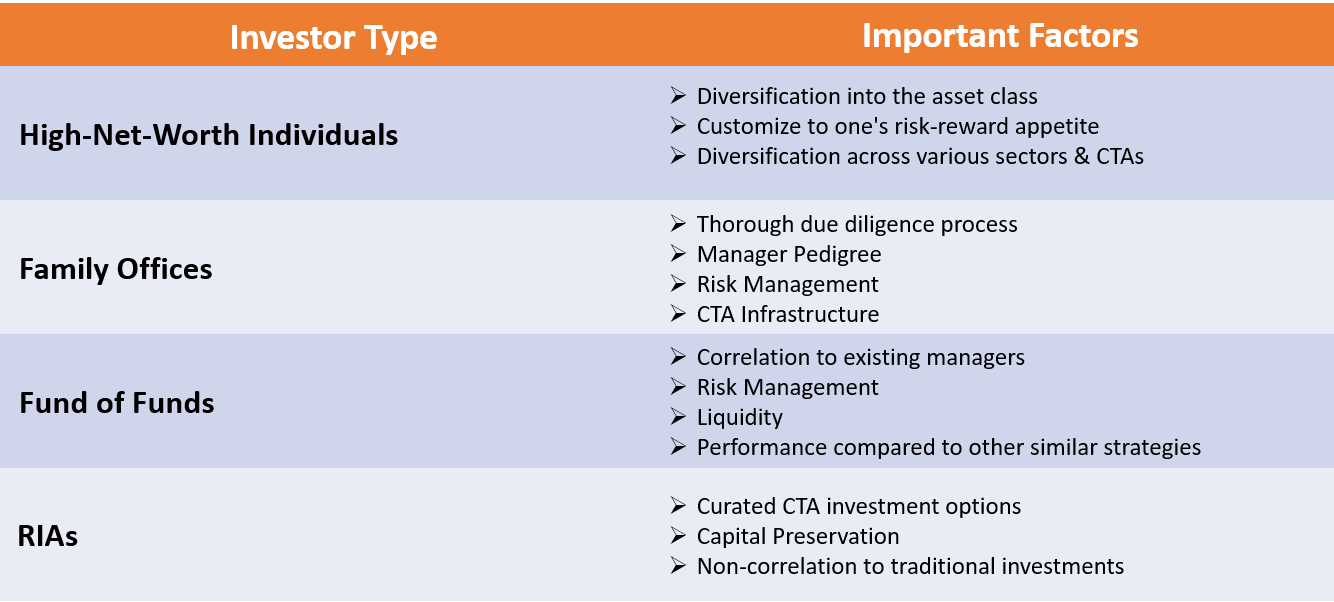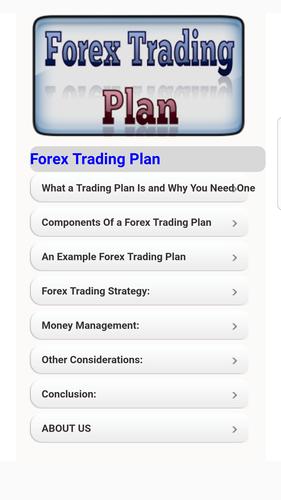
Fractional investment can be a simple way of generating passive income. However, as with all investments there are risks. First, you must commit to a long-term investment. And unlike stock market investments you will be locked in to a sponsor until your sale. Only a handful of fractional sponsors offer early redemption plans. You should always be cautious before you invest. Listed below are some tips to make the most of your fractional investments.
Investing in real estate
You will get better liquidity, quicker exits, and more access to the professionals in real property investing. Instead of trying to find prospective buyers and prepare a property to sell, you simply tell the investing platform. The platform will schedule an internal auction and notify you. Fractional real estate investment gives you the flexibility to diversify your portfolio and reduces risk. You can try different strategies, test different market conditions and not have to buy an entire property.

Profits
Splitting fractional shares can help you diversify your portfolio, and make profits. It's more convenient to invest using cash than to calculate what number of shares you need. Stock trading apps and brokers make it easy to invest. Fragmental investments also benefit the market. This is because more people have the opportunity to invest and can contribute to the better governance of companies. These investments are more attractive to young investors. Profits from fractional investments are not only a great way to learn about investing, but also put your cash to work.
Risques
Fractional investing is a great way of diversifying your portfolio without compromising your budget. Fractional shares can help you diversify your investments without putting too much risk. You can buy as low as 0.001% of a company stock. Fractional shares may fluctuate in price, but historically they have appreciated in value. Learn more about fractional investments and the risks they pose.
Platforms
A fractional share is a small amount of an entire company. You have two options to purchase fractional shares: either directly or through a broker. You must adhere to the club's resale policies before you sell. It is important to remember that many investors who buy fractional shares don't have equal rights. To make money from your fractional investments, you need to be able to market them and sell them in a professional manner.

Investing in fractional shares
Investing in fractional shares is a great way to diversify your portfolio and make small investments that snowball over time. It is much easier and more cost-effective to invest small amounts in fractional shares as opposed to whole shares. Furthermore, stock trading apps have made it simple to invest cash. Fractional shares can also increase market participation. This will improve business governance. And because they are accessible to everyone, many people are now turning to this strategy to diversify their portfolios.
FAQ
How are securities traded
The stock exchange is a place where investors can buy shares of companies in return for money. Shares are issued by companies to raise capital and sold to investors. Investors then sell these shares back to the company when they decide to profit from owning the company's assets.
Supply and Demand determine the price at which stocks trade in open market. If there are fewer buyers than vendors, the price will rise. However, if sellers are more numerous than buyers, the prices will drop.
There are two methods to trade stocks.
-
Directly from company
-
Through a broker
Who can trade in the stock market?
Everyone. All people are not equal in this universe. Some have better skills and knowledge than others. They should be recognized for their efforts.
However, there are other factors that can determine whether or not a person succeeds in trading stocks. If you don’t have the ability to read financial reports, it will be difficult to make decisions.
You need to know how to read these reports. Each number must be understood. It is important to be able correctly interpret numbers.
If you do this, you'll be able to spot trends and patterns in the data. This will assist you in deciding when to buy or sell shares.
If you're lucky enough you might be able make a living doing this.
How does the stock market work?
By buying shares of stock, you're purchasing ownership rights in a part of the company. A shareholder has certain rights over the company. He/she can vote on major policies and resolutions. He/she has the right to demand payment for any damages done by the company. He/she may also sue for breach of contract.
A company cannot issue shares that are greater than its total assets minus its liabilities. It's called 'capital adequacy.'
A company with a high capital sufficiency ratio is considered to be safe. Companies with low ratios of capital adequacy are more risky.
How Do People Lose Money in the Stock Market?
Stock market is not a place to make money buying high and selling low. It's a place you lose money by buying and selling high.
The stock market is for those who are willing to take chances. They would like to purchase stocks at low prices, and then sell them at higher prices.
They believe they will gain from the market's volatility. If they aren't careful, they might lose all of their money.
What is a REIT?
An entity called a real estate investment trust (REIT), is one that holds income-producing properties like apartment buildings, shopping centers and office buildings. These are publicly traded companies that pay dividends instead of corporate taxes to shareholders.
They are similar in nature to corporations except that they do not own any goods but property.
What is the difference between a broker and a financial advisor?
Brokers help individuals and businesses purchase and sell securities. They handle all paperwork.
Financial advisors are experts on personal finances. They can help clients plan for retirement, prepare to handle emergencies, and set financial goals.
Banks, insurance companies and other institutions may employ financial advisors. They can also be independent, working as fee-only professionals.
If you want to start a career in the financial services industry, you should consider taking classes in finance, accounting, and marketing. Also, you'll need to learn about different types of investments.
What is security at the stock market and what does it mean?
Security is an asset which generates income for its owners. Most security comes in the form of shares in companies.
A company could issue bonds, preferred stocks or common stocks.
The earnings per share (EPS), as well as the dividends that the company pays, determine the share's value.
You own a part of the company when you purchase a share. This gives you a claim on future profits. If the company pays a dividend, you receive money from the company.
Your shares may be sold at anytime.
Statistics
- Even if you find talent for trading stocks, allocating more than 10% of your portfolio to an individual stock can expose your savings to too much volatility. (nerdwallet.com)
- US resident who opens a new IBKR Pro individual or joint account receives a 0.25% rate reduction on margin loans. (nerdwallet.com)
- The S&P 500 has grown about 10.5% per year since its establishment in the 1920s. (investopedia.com)
- Individuals with very limited financial experience are either terrified by horror stories of average investors losing 50% of their portfolio value or are beguiled by "hot tips" that bear the promise of huge rewards but seldom pay off. (investopedia.com)
External Links
How To
How to Open a Trading Account
To open a brokerage bank account, the first step is to register. There are many brokers on the market, all offering different services. Some charge fees while others do not. Etrade, TD Ameritrade Fidelity Schwab Scottrade Interactive Brokers are some of the most popular brokerages.
Once you've opened your account, you need to decide which type of account you want to open. These are the options you should choose:
-
Individual Retirement Accounts (IRAs).
-
Roth Individual Retirement Accounts
-
401(k)s
-
403(b)s
-
SIMPLE IRAs
-
SEP IRAs
-
SIMPLE 401 (k)s
Each option comes with its own set of benefits. IRA accounts are more complicated than other options, but have more tax benefits. Roth IRAs are a way for investors to deduct their contributions from their taxable income. However they cannot be used as a source or funds for withdrawals. SIMPLE IRAs have SEP IRAs. However, they can also be funded by employer matching dollars. SIMPLE IRAs are simple to set-up and very easy to use. They allow employees to contribute pre-tax dollars and receive matching contributions from employers.
Finally, determine how much capital you would like to invest. This is also known as your first deposit. Most brokers will give you a range of deposits based on your desired return. You might receive $5,000-$10,000 depending upon your return rate. The lower end represents a conservative approach while the higher end represents a risky strategy.
After choosing the type of account that you would like, decide how much money. There are minimum investment amounts for each broker. These minimum amounts can vary from broker to broker, so make sure you check with each one.
After you've decided the type and amount of money that you want to put into an account, you will need to find a broker. You should look at the following factors before selecting a broker:
-
Fees - Be sure to understand and be reasonable with the fees. Brokers will often offer rebates or free trades to cover up fees. However, some brokers raise their fees after you place your first order. Be cautious of brokers who try to scam you into paying additional fees.
-
Customer service – You want customer service representatives who know their products well and can quickly answer your questions.
-
Security - Select a broker with multi-signature technology for two-factor authentication.
-
Mobile apps - Check if the broker offers mobile apps that let you access your portfolio anywhere via your smartphone.
-
Social media presence - Find out if the broker has an active social media presence. It might be time for them to leave if they don't.
-
Technology – Does the broker use cutting edge technology? Is the trading platform simple to use? Are there any issues with the system?
After choosing a broker you will need to sign up for an Account. Some brokers offer free trials while others require you to pay a fee. You will need to confirm your phone number, email address and password after signing up. You will then be asked to enter personal information, such as your name and date of birth. Finally, you will need to prove that you are who you say they are.
After your verification, you will receive emails from the new brokerage firm. These emails contain important information about you account and it is important that you carefully read them. You'll find information about which assets you can purchase and sell, as well as the types of transactions and fees. Keep track of any promotions your broker offers. These promotions could include contests, free trades, and referral bonuses.
Next, open an online account. An online account can usually be opened through a third party website such as TradeStation, Interactive Brokers, or any other similar site. These websites can be a great resource for beginners. To open an account, you will typically need to give your full name and address. You may also need to include your phone number, email address, and telephone number. After this information has been submitted, you will be given an activation number. This code will allow you to log in to your account and complete the process.
Now that you have an account, you can begin investing.